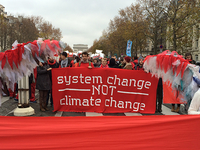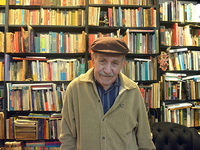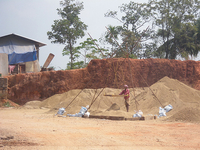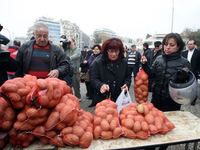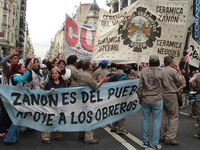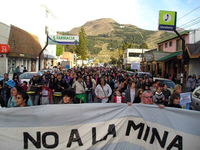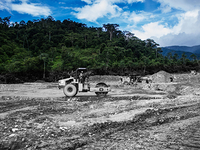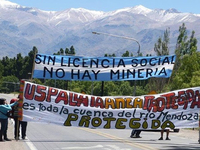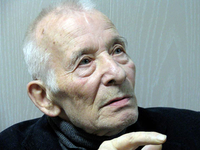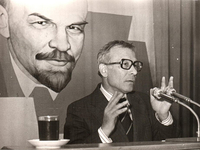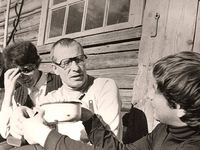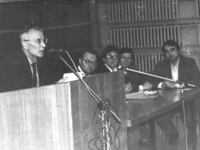GD 6.1 - March 2016
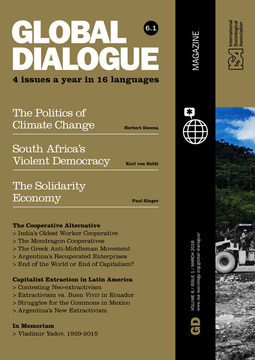
Global Dialogue is available in multiple languages!
Select the language to download the issue.
Editors:
Michael Burawoy.
Associate Editor:
Gay Seidman.
Managing Editors:
Lola Busuttil, August Bagà.
Consultants:
Ana Villarreal.
Media Consultant:
Gustavo Taniguti.
Consulting Editors:
Margaret Abraham, Markus Schulz, Sari Hanafi , Vineeta Sinha, Benjamin Tejerina, Rosemary Barbaret, Izabela Barlinska, Dilek Cindoğlu, Filomin Gutierrez, John Holmwood, Guillermina Jasso, Kalpana Kannabiran, Marina Kurkchiyan, Simon Mapadimeng, Abdul-mumin Sa’ad, Ayse Saktanber, Celi Scalon, Sawako Shirahase, Grazyna Skapska, Evangelia Tastsoglou, Chin-Chun Yi, Elena Zdravomyslova.
REGIONAL EDITORS
Arab World: Sari Hanafi , Mounir Saidani.
Argentina: Juan Ignacio Piovani, Pilar Pi Puig, Martín Urtasun.
Brazil: Gustavo Taniguti, Andreza Galli, Ângelo Martins Júnior, Lucas Amaral, Rafael de Souza, Benno Alves, Julio Davies.
India: Ishwar Modi, Rajiv Gupta, Rashmi Jain, Jyoti Sidana, Pragya Sharma, Nidhi Bansal, Pankaj Bhatnagar.
Indonesia: Kamanto Sunarto, Hari Nugroho, Lucia Ratih Kusumadewi, Fina Itriyati, Indera Ratna Irawati Pattinasarany, Benedictus Hari Juliawan, Mohamad Shohibuddin, Dominggus Elcid Li, Antonius Ario Seto Hardjana.
Iran: Reyhaneh Javadi, Abdolkarim Bastani, Niayesh Dolati, Saeed Nowroozi, Vahid Lenjanzade.
Japan: Satomi Yamamoto, Hikari Kubota, Shuhei Matsuo, Yutaro Shimokawa, Masaki Yokota.
Kazakhstan: Aigul Zabirova, Bayan Smagambet, Adil Rodionov, Gani Madi, Almash Tlespayeva, Almas Rakhimbayev.
Poland: Jakub Barszczewski, Ewa Cichocka, Mariusz Finkielsztein, Krzysztof Gubański, Kinga Jakieła, Justyna Kościńska, Martyna Maciuch, Mikołaj Mierzejewski, Karolina Mikołajewska-Zając, Adam Müller, Patrycja Pendrakowska, Zofi a Penza,Teresa Teleżyńska, Anna Wandzel, Justyna Zielińska, Jacek Zych.
Romania: Cosima Rughiniș, Corina Brăgaru, Roxana Alionte, Costinel Anuța, Ruxandra Iordache, Mihai-Bogdan Marian, Ramona Marinache, Anca Mihai, Adelina Moroșanu, Rareș-Mihai Mușat, Marian Valentin Năstase, Oana-Elena Negrea, Daniel Popa, Diana Tihan, Elisabeta Toma, Elena Tudor, Carmen Voinea.
Russia: Elena Zdravomyslova, Anna Kadnikova, Asja Voronkova.
Taiwan: Jing-Mao Ho.
Turkey: Gül Çorbacıoğlu, Irmak Evren.
GD 6.1 - March 2016
Editorial
The Environment and Violent Democracy
When scientists discuss climate change they do so with dire warnings of the catastrophic consequences of climbing temperatures of the earth’s atmosphere – the floods, the tycoons, the melting glaciers, and the wholesale destruction of the communities. When they have paid attention to the politics of climate change scientists have focused on climate change deniers and their powerful supporters or on the failure of popular movements. But the struggles among global elites are too often overlooked. For the past four years Herbert Docena has been reporting for Global Dialogue on the annual UN Framework Convention on Climate Change. Writing from the most recent meeting in Paris (November 30 to December 11, 2015), he points to changing alliances as elite reformers gave up trying to moderate the conservative powers dominating the conference halls. Instead they sought out potential allies among the radicals assembled in the streets. Still, apart from pious promises, there are few signs from Paris of any serious advances toward saving the world.
In this issue we feature an interview with Karl von Holdt – veteran of the anti-apartheid movement and leading sociologist. He describes to Alf Nilsen his research on South Africa’s “violent democracy” and the township struggles it engenders around service delivery. This is followed by accounts of another sort of violence. Maristella Svampa and her colleagues describe the new extractivist economy that is devastating Latin America. Mega-projects from mining and oil to agribusiness’ soy production – stimulated by the insatiable appetite of China’s expanding economy – are carried out by multinationals thirsty for profits, and encouraged by states starved of funds. Reports from Argentina, Mexico, and Ecuador show how these projects have met with the intense opposition of social movements seeking to protect their land, water, and air.
We also publish six articles on cooperatives from India, Greece, Spain, and Argentina – how they survive and at what costs. Are coops an alternative to capitalism or, as Leslie Sklair argues, an adaptation to capitalism? Undoubtedly, one of the great theorists and practitioners of the cooperative movement is the remarkable Paul Singer, National Secretary for the Solidarity Economy in Brazil’s government. As is evident from the interview conducted for Global Dialogue, Singer is no starry-eyed prophet – for him cooperatives are a means of sustaining a livelihood for the poor.
Finally, we have five tributes to Vladimir Yadov, who died last year – one of the courageous pioneers of Soviet sociology who deftly pushed the limits of the Soviet order. Yadov remained a key player in debates about postSoviet sociology. Throughout his career he has been a keen internationalist, serving as ISA Vice-President, 1990-94. Much beloved by students and colleagues, his departure is deeply mourned.
With this issue Juan Piovani will take over direction of the Spanish translation of Global Dialogue from María José Álvarez. We welcome Juan and thank Majo and her team for four years of dedicated service.
Michael Burawoy, editor of Global Dialogue
Global Dialogue can be found in multiple languages.
Submissions should be sent to globaldialogue@isa-sociology.org.

